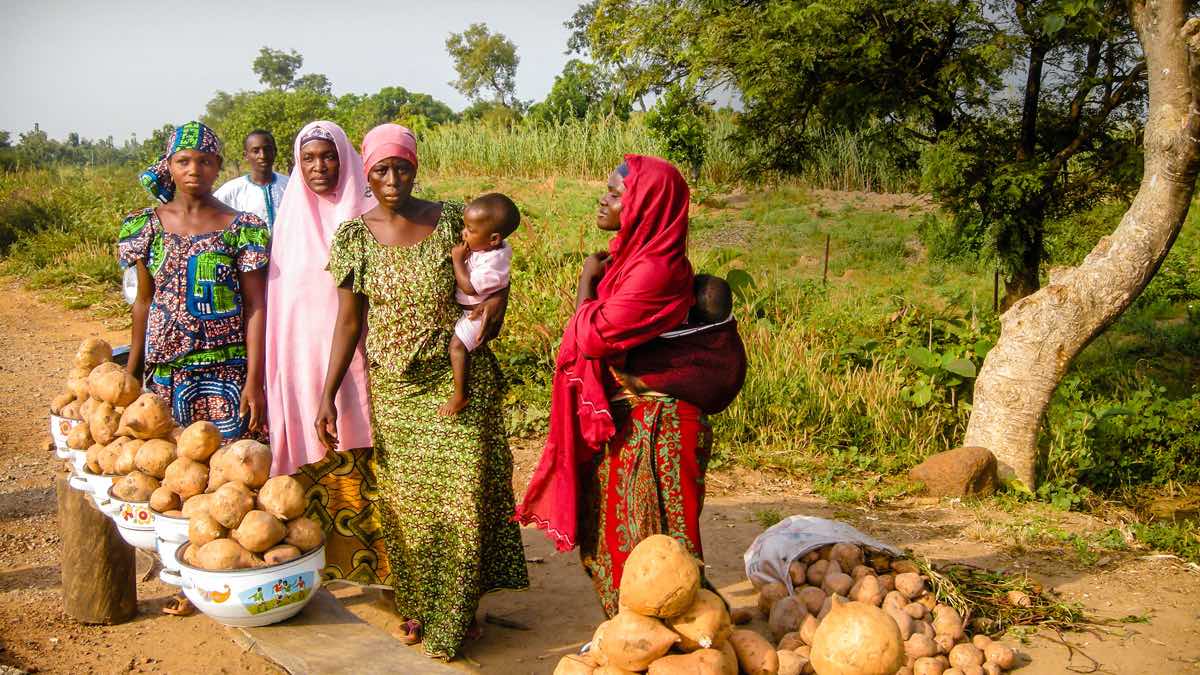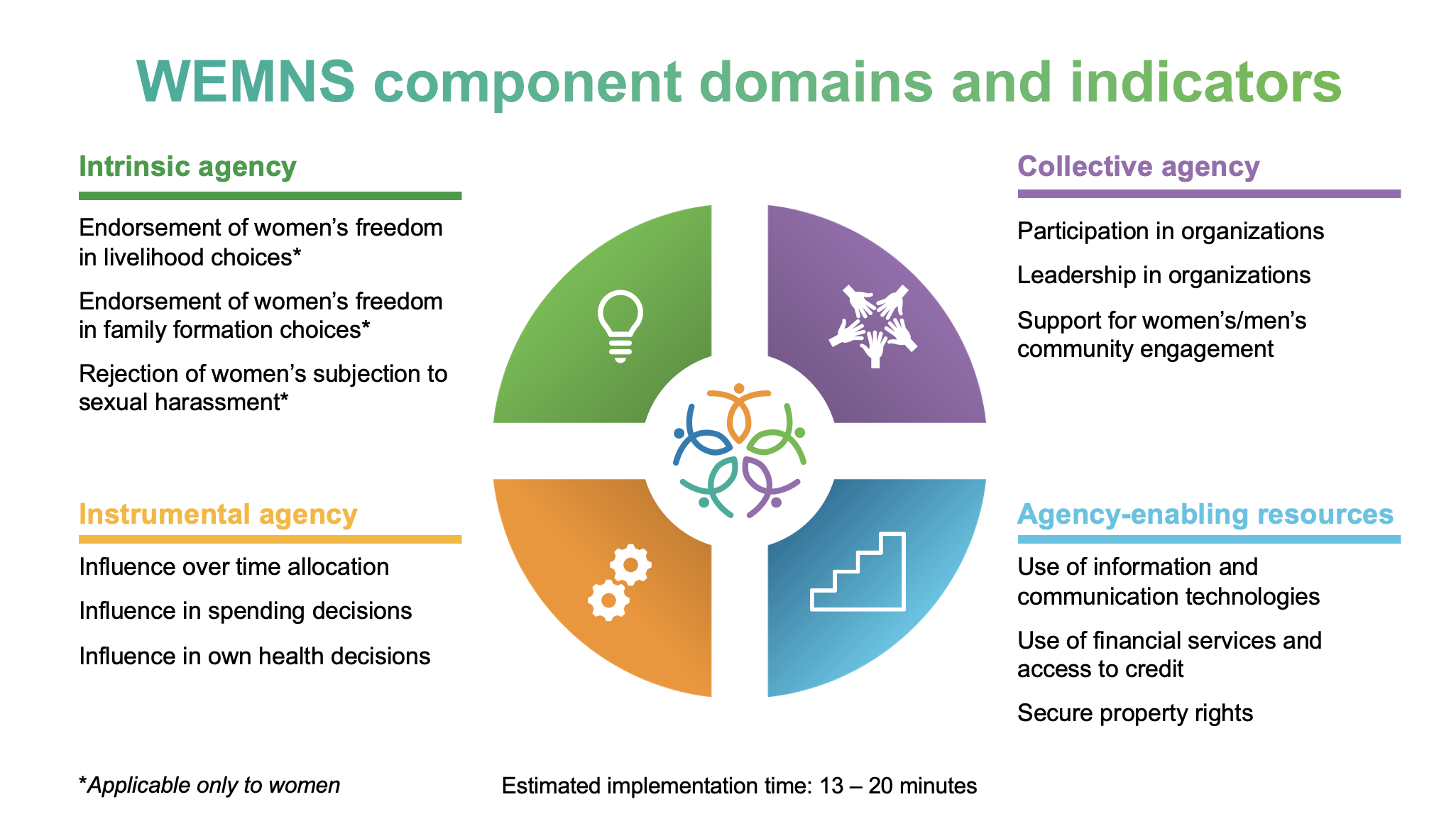IFPRI’s Mark Rosegrant and Siwa Msangi spoke at the conference, offering ideas on how to improve food security in the face of climate change, water stress, and other challenges.
Rosegrant shared that more than one-third of the world’s population and almost 40 percent of grain production are at risk due to water stress. Using IFPRI’s IMPACT model to create future scenarios, Rosegrant said that if nothing is done, 52 percent of the world’s population will be at risk due to water stress by 2050. Cereal prices will also increase, with maize prices rising by more than 50 percent. A key action, he said, is for governments to invest in agricultural research and development (R&D) specifically targeted to water productivity, improved water use, and an uptake of water-related technologies.
Msangi discussed projected future trends of food consumption and nutrient intake, focusing in particular on the most malnourished countries. Consumption of many foods—especially meat, fruits, and vegetables—will continue to increase towards 2050. However, progress towards meeting the recommended daily intakes of macronutrients such as carbohydrates, protein and fiber will vary considerably across regions. Those countries in the “bottom billion” of nutrient intake, for example, are expected to show little improvement. He laid out possible remedies for improving nutrition and diet for the most poorly nourished; for example, increasing yields through agricultural R&D, adopting free trade policies, building better infrastructure, and strengthening social protection programs.
Other speakers included Tom Arnold, chief executive of Concern Worldwide; Kevin Farrell, Ireland’s special envoy for hunger; and Mary Robinson, the former president of Ireland and president of the Mary Robinson Foundation-Climate Justice.
features innovative methodologies and addresses crucial evaluation questions. The series began in May 2012 and now continues in 2013 after a brief holiday hiatus.







